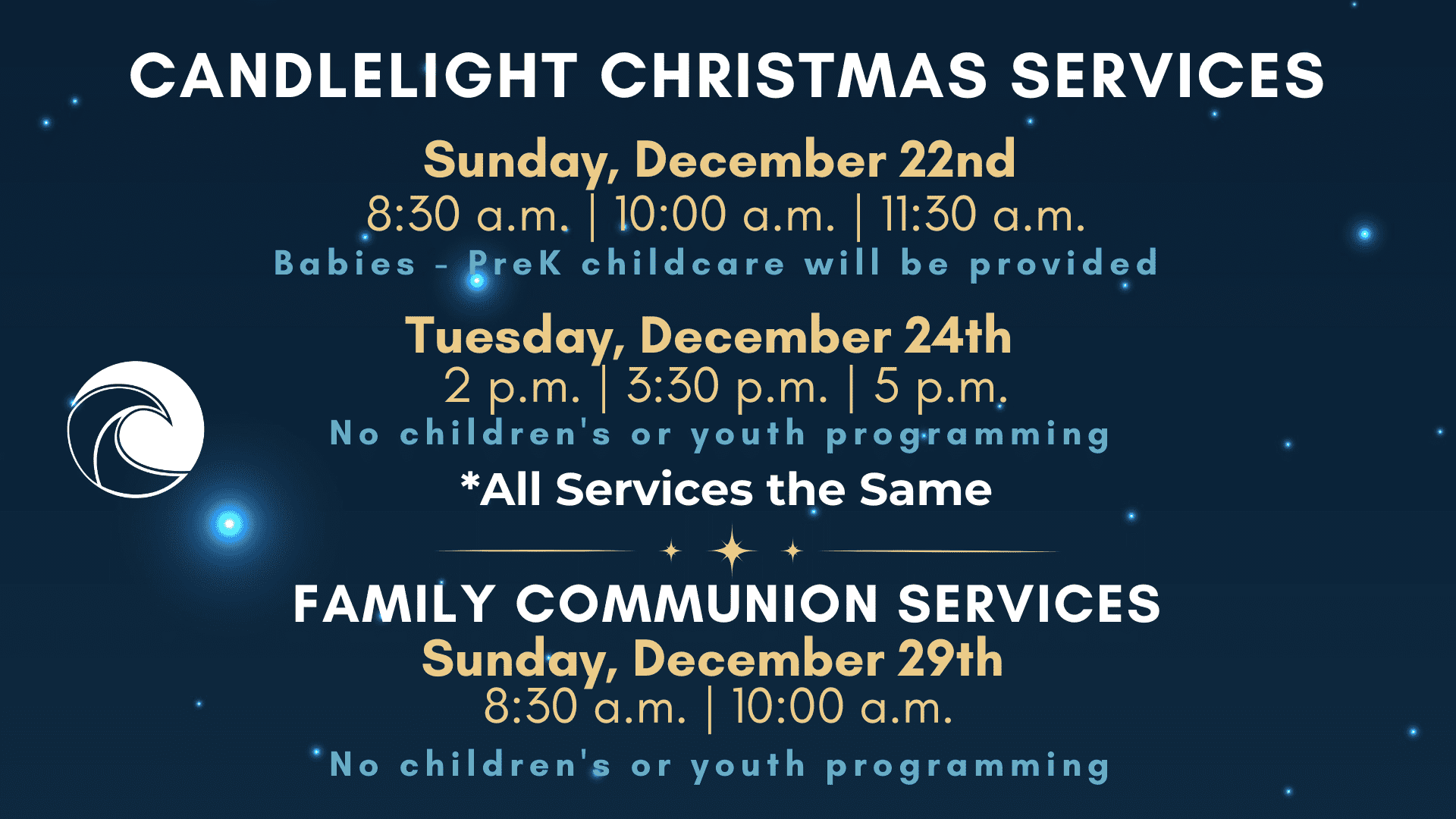One Another 4
This week in our One Another Series, we travel to the Roman city of Philippi. Paul’s letter to the Philippians is one of the most intimate of his writings; he thanks the church for financially supporting the spread of the Gospel while inviting them to participate in the Gospel by having the same mind as Christ. The One Another statements in this letter are focused on the needs of others: Regard one another as better and look to the interests of one another. For Paul, these two statements embody the work of Christ.


